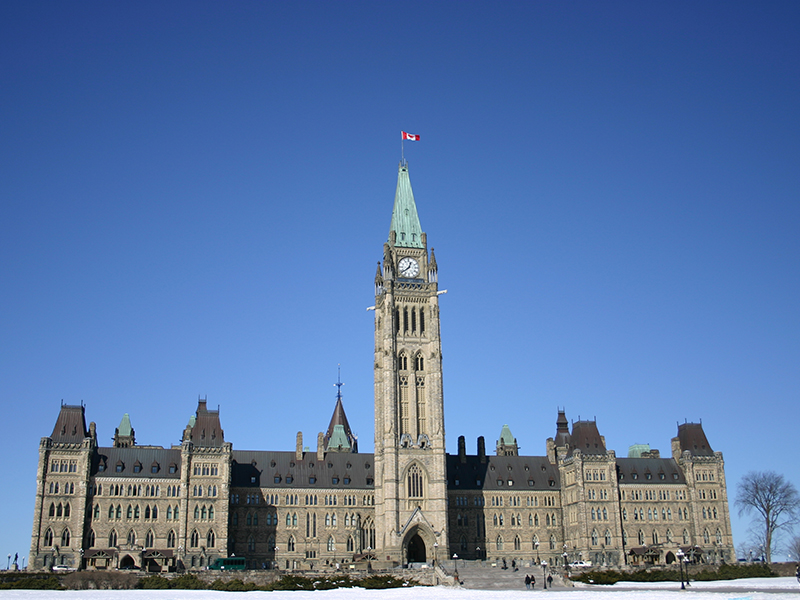Canadian lawmakers have heeded the advice of faith groups and will likely keep the provisions of the Criminal Code that outlaw the disruption of religious services.
In addition to the entreaties of religious organizations, some members of the House of Commons’ justice committee said they were deluged with mail from constituents, urging that Section 176 of the Criminal Code be retained.
MPs have been considering Bill C-51, which would tighten parts of the Criminal Code by removing provisions regarded as obsolete, unconstitutional or redundant.
Among the sections considered for elimination was 176, which makes it illegal to use threats or force to obstruct “a clergyman or minister from celebrating divine service,” or to “wilfully disturb or interrupt an assemblage of persons met for religious worship or for a moral, social or benevolent purpose.”
Earlier this month, committee members voted to keep the section, but to update the language. The matter heads back to the House and then to the Senate, where it could be amended.
READ: JEWISH GROUPS ADVISE MPS ON HOW TO IMPLEMENT M-103
B’nai Brith Canada, which asked the justice committee to retain the section, said it was pleased the wording would be preserved.
With increasing acts of hatred toward religious groups, especially Jews, “now is not the time to remove legislative provisions that can be used to deter and prosecute these offences,” B’nai Brith noted in a statement.
More than 65 faith leaders wrote an open letter to Justice Minister Jody Wilson-Raybould, urging her to amend Bill C-51 and retain the original wording of the section. They included Rabbi Adam Cutler, president of the Toronto Board of Rabbis, and Rabbi Reuben Poupko of Beth Israel Beth Aaron Congregation in Montreal.
Wilson-Raybould told the committee she felt confident that removing the section would “not in any way undermine Canadians’ ability to practise their religious faith, nor do I expect it to lead to an increase in violence in such situations.”
However, the faith leaders argued that repealing Section 176 would send the wrong message at this time.

They cited last summer’s report from Statistics Canada, which found that Jews were the most targeted religious group for hate crimes, accounting for 13 per cent of all incidents in 2015.
“An attack against a religious assembly or the deliberate assault of a religious official outside a house of worship is a different kind of offence from other public disturbances, assaults, threats or incitement to hatred,” the religious leaders wrote in their letter. “An offence against a people at worship reverberates through the community and touches every member. An offence against one particular person or community at worship has an impact on all religious adherents.”
In public hearings, committee members heard that Section 176 also protects religious services held in public places, such as a religious procession on a street, or a “Jewish ritual enclosure in a public place” (an eruv).
The committee also heard from Brian Herman, director of government relations for B’nai Brith Canada, and David Matas, the organization’s senior legal counsel.
Claiming that Section 176 is redundant “is not obvious,” Matas said. He pointed to Israel’s second Gaza war in 2014, during which protesters in Europe made repeated attempts to disrupt synagogue services. Yet, police did not lay charges, Matas said.
“The incidents, if committed in Canada, would have been, in my view, plainly prosecutable under Criminal Code Section 176, but once that provision is gone, would such incidents be prosecuted under more general provisions?” he asked. “We’re not so sure.”
As for sentencing under the provision, he argued that “the behaviour identified in Section 176 is serious enough that, if not specifically penalized, it should be considered an aggravating circumstance justifying an increased sentence.”









